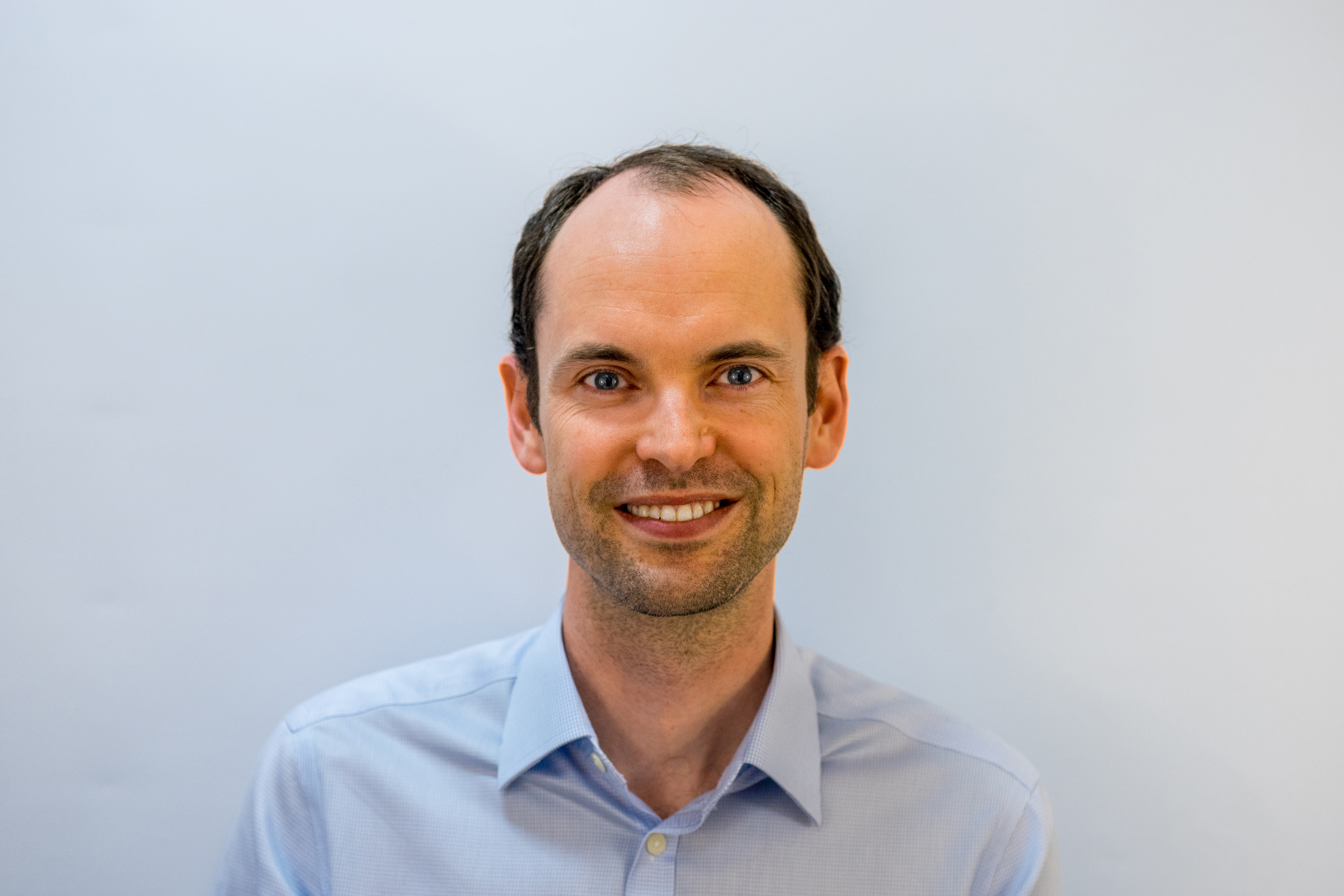More than 1000 people have pledged to give at least 10% of their future earnings to charity, after joining a movement started by students and academics at Oxford University.
Dr Toby Ord, a philosopher at Oxford University, founded a charity evaluator called Giving What We Can in 2009 to encourage people to pledge to give money to the most cost-effective charities possible. After a year, 64 people had joined the society. It has now reached 1000 members and the organisation estimates this will contribute over £270 million to charity over its members' lifetimes.
Dr Ord started Giving What We Can because he came to believe that we have a moral imperative not just to give to those less fortunate than us, but to give to causes which do the most good.
'Choosing where to donate can be almost as important as how much – if a person donates to a charity that's twice as effective, it's essentially the same as them donating twice as much money,' he said.
'Our research has shown that the difference between charities is astonishing. Some charities do 1,000 times as much good with a donation as others. Think about how much good someone could do donating to charities that were ten, a hundred, or even a thousand times more effective. That means that anyone can save a large number of lives over the course of their lifetime by taking this pledge.
'The number of people taking the pledge shows that doing a large amount of good can be achieved by anyone. And far from being a burden, most of us agree that knowing our money is going to the most effective causes actually makes us happier.'
Giving What We Can has carried out research to find the most cost-effective charities in the world, which do the most good for the least money. It recommends the Against Malaria Foundation, which distributes insecticide treated bednets in India and sub-Saharan African for £3 each; Schistosomiasis Control Initiative, which can prevent one of the world’s most debilitating parasitic diseases for £3 per treatment; Project Healthy Children, which can fortify a child’s meals with nutrients for 3p a year; and Deworm the World Initiative, which can provide treatment for intestinal worms for £1 per person.
One of Giving What We Can’s youngest members, Beth Barnes has just finished school and hopes to go on to study Natural Sciences at Cambridge.
She said: 'For a long time I've felt that I wanted to do as much as I can to help others. I am incredibly lucky to have everything I need to have a fulfilling life, while so much of the world has so little. The ethos of effective altruism appealed to me immediately, but many of the things I learnt about how to actually do the most good surprised me.
'When I have more of an idea of what my career will be and things like where I’ll be living, I hope to take the Further Pledge and give away everything above a basic income.'
Lee Bishop, who works for Amazon, said: 'By donating 10% of my income to the most cost-effective charities I’m able to do good on a daily basis, even on an uneventful midweek day when I might otherwise not necessarily have 'achieved' anything worthwhile that day.
'The pledge comes out of my wages as soon as they are paid and goes to a good cause. Because I’ve been giving since I started working I’ve just learnt to put that money aside when I think about how much I have to spend.
'Taking and keeping giving the pledge for the last six or seven years is one of the things I am most proud of, alongside completing the Edinburgh Marathon after having open heart surgery six months beforehand. The truth is though; giving is easy. I’m able to do all of the things I love doing, and I could do more, whilst giving to good causes. I would encourage anybody considering taking the pledge to do so.'
